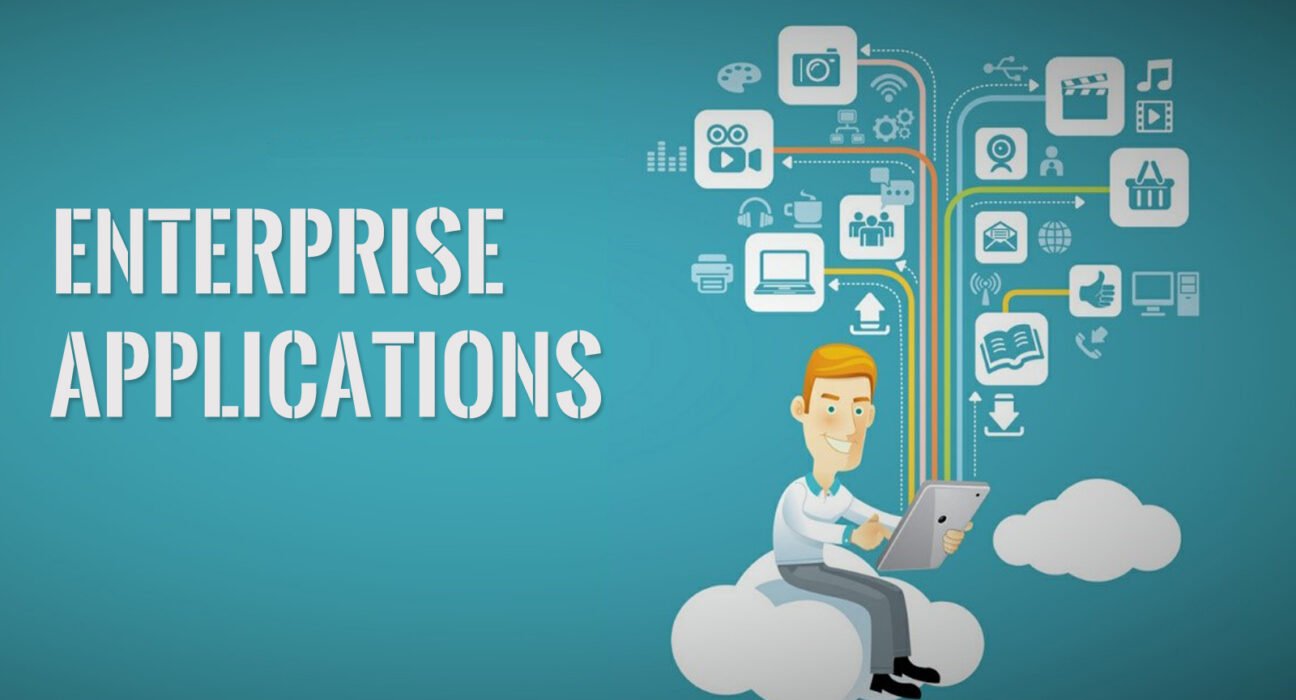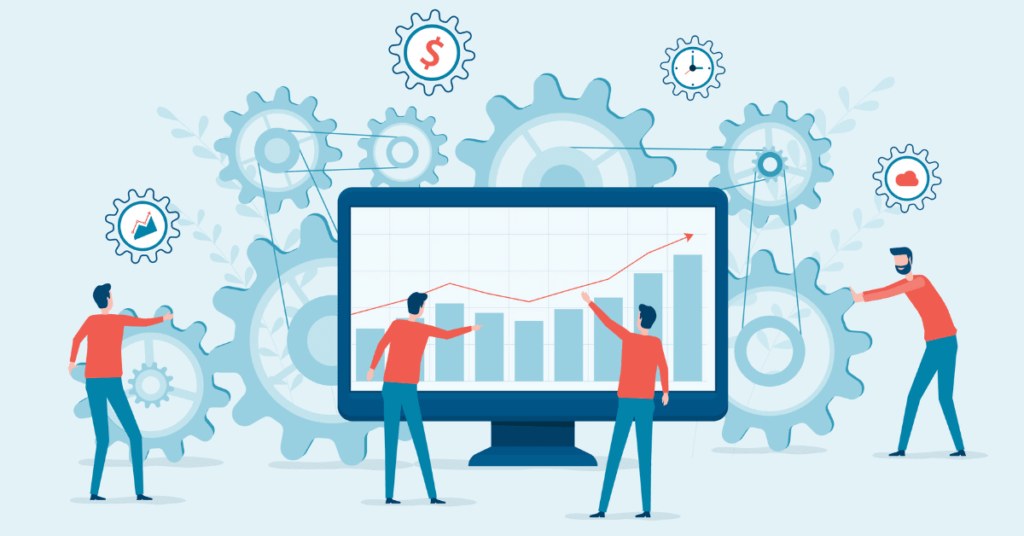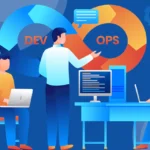How Enterprise Application Software Transforms Business

Enterprise application software represents a significant advancement in the realm of business technology, providing organizations with powerful tools to optimize their operations and enhance their efficiency. In today’s competitive landscape, enterprise application software is indispensable for large-scale organizations aiming to integrate their processes and manage their operations seamlessly.
What is Enterprise Application Software?
Enterprise application software is designed to cater specifically to the needs of large organizations. Unlike typical software that might serve individual users or small teams, enterprise application software addresses the complexities of managing large volumes of data and intricate processes across various departments. The core purpose of enterprise application software is to unify business functions into a cohesive system, enhancing overall efficiency and productivity.
Benefits of Enterprise Application Software
Enhanced Efficiency
The foremost benefit of enterprise application software is its ability to significantly boost operational efficiency. By automating and integrating various business processes, enterprise application software minimizes manual efforts and reduces errors. This automation leads to faster workflows and improved decision-making capabilities.
Centralized Data Management
Enterprise application software enables organizations to centralize their data management. With a unified data repository, enterprise application software simplifies data access and analysis, providing businesses with comprehensive insights and accurate reporting. This centralization ensures that information is consistent and up-to-date across the organization.
Scalability and Flexibility:
As businesses grow, their operational needs become more complex. Enterprise application software is designed to scale with the organization, accommodating increasing workloads and additional functionalities. This scalability ensures that enterprise application software remains effective as the business expands and evolves.
Improved Collaboration
One of the key features of enterprise application software is its support for enhanced collaboration. Through integrated tools for communication and project management, enterprise application software facilitates better teamwork and coordination among employees, regardless of their geographical locations.
Regulatory Compliance
Many industries are governed by strict regulatory requirements. Enterprise application software helps organizations stay compliant by offering tools for monitoring and reporting on regulatory obligations. This reduces the risk of non-compliance and associated penalties, ensuring that the business adheres to industry standards.
Cost Efficiency
Although the initial investment in enterprise application software might be substantial, the long-term cost benefits are significant. Enterprise application software helps reduce operational costs by streamlining processes, minimizing errors, and automating routine tasks. This leads to lower labor costs and improved resource management.
Types of Enterprise Application Software

There are several types of enterprise application software, each designed to address specific business needs. These include:
Enterprise Resource Planning (ERP)
ERP systems are a core component of enterprise application software. They integrate various business functions, such as finance, HR, and supply chain management, into a single platform. This integration facilitates real-time data sharing and improved operational efficiency.
Customer Relationship Management (CRM)
CRM software is another critical type of enterprise application software. It focuses on managing customer interactions and relationships. By tracking customer data and managing sales pipelines, CRM software enhances customer service and support.
Supply Chain Management (SCM)
SCM software is essential for managing the flow of goods and services from suppliers to customers. Enterprise application software in this category includes tools for inventory management, order processing, and logistics, optimizing the supply chain operations of an organization.
Human Resources Management Systems (HRMS)
HRMS software is a vital part of enterprise application software. It handles employee-related functions, such as payroll, benefits, and performance evaluations. HRMS streamlines HR processes and provides valuable insights into workforce management.
Business Intelligence (BI)
BI software is designed to analyze and report on business data. Enterprise application software in the BI category helps organizations make data-driven decisions by providing insights into key performance indicators and business trends.
The Impact of Enterprise Application Software on Business Operations
The adoption of enterprise application software has a transformative impact on business operations. For instance:
Operational Streamlining
Enterprise application software automates and integrates various business processes, leading to more efficient operations and reduced bottlenecks. This streamlining enhances overall productivity and operational effectiveness.
Data-Driven Insights
By centralizing data management and providing advanced analytics tools, enterprise application software enables organizations to make informed decisions based on real-time data. This data-driven approach supports strategic planning and helps businesses maintain a competitive edge.
Customer Experience Enhancement
CRM and other customer-focused enterprise application software tools allow organizations to better understand and address customer needs. This leads to improved customer service, stronger relationships, and higher satisfaction levels.
Business Agility
The scalability and adaptability of enterprise application software allow organizations to swiftly respond to changing market conditions and regulatory requirements. This agility is crucial for staying competitive and ensuring long-term success.
Conclusion
In summary, enterprise application software is a cornerstone of modern business operations. Its ability to integrate various functions, enhance efficiency, and provide critical insights makes it essential for large organizations. As businesses continue to grow and face new challenges, enterprise application software will remain a pivotal element in driving innovation and supporting organizational success.











Discover how data modeling techniques, including dimensional modeling and dimensional data modeling, can transform your business insights and decision-making.
July 19, 2024[…] Related Article: How Enterprise Application Software Transforms Business […]